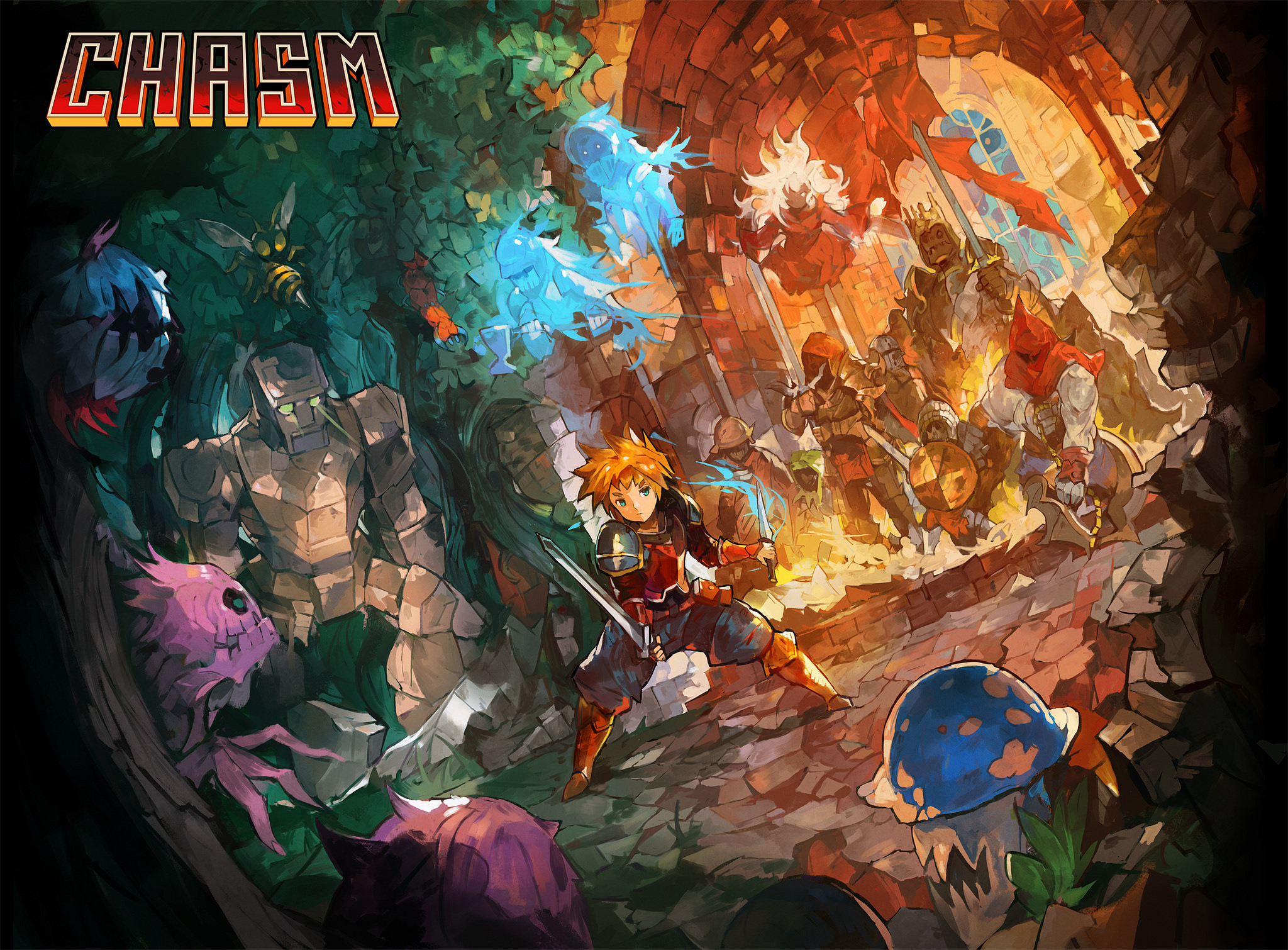Chasm, the procedurally generated RPG platformer, launches mid-year
It was Kickstarter-funded back in 2013.

Chasm is a procedurally generated Metroidvania which has been in development for quite some time. Initially Kickstarter-funded back in 2013, it attracted nearly $200,000, demonstrating that back in 2013 the thirst for games like this was real. Fast forward to 2018, Chasm finally has a release window.
It'll release this winter, or summer if you're in Australia, New Zealand or anywhere else in the southern hemisphere. "This has been an incredibly arduous undertaking - one that I’ve loved (almost) every minute of, but one that wound up being an even bigger challenge than I expected," wrote a spokesperson for studio Bit Kid on Steam.
"I know you guys are all looking for the most kick-ass action-adventure ever to grace a gaming system, and we’re doing everything we can to deliver on that promise. And now, we’re almost there!"
While much has no doubt changed since 2015, I enjoyed Chasm quite I bit when I wrote it up. Given the success of Dead Cells (which I have also written about), hopefully there's still an appetite for Chasm.
Here's the trailer:
Keep up to date with the most important stories and the best deals, as picked by the PC Gamer team.

Shaun Prescott is the Australian editor of PC Gamer. With over ten years experience covering the games industry, his work has appeared on GamesRadar+, TechRadar, The Guardian, PLAY Magazine, the Sydney Morning Herald, and more. Specific interests include indie games, obscure Metroidvanias, speedrunning, experimental games and FPSs. He thinks Lulu by Metallica and Lou Reed is an all-time classic that will receive its due critical reappraisal one day.

